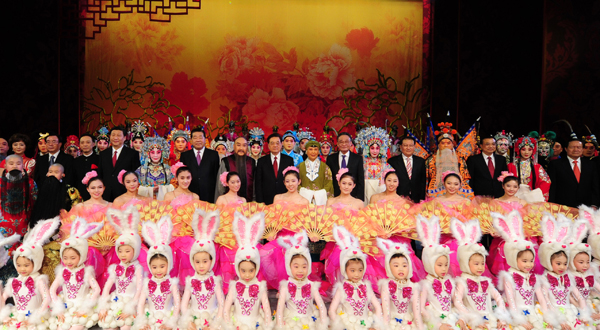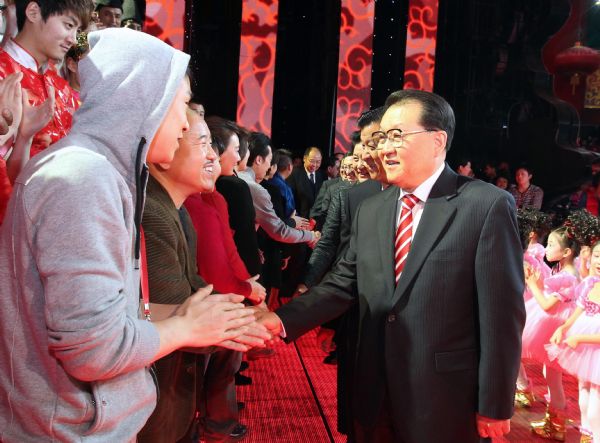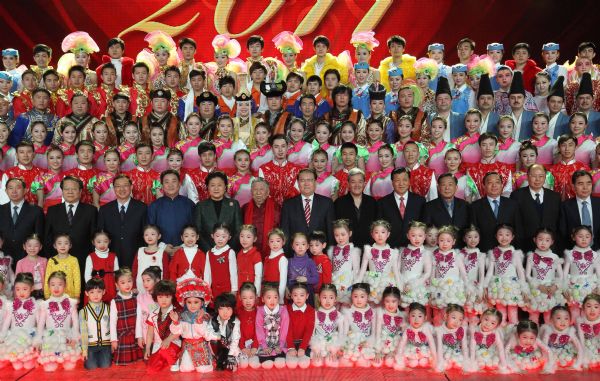by Keith Clarke
Well done Arts Council England for putting a positive spin on these chilly times. In the face of tough cuts, the council decided to ditch the current funding arrangements and invite all arts organizations—currently funded or not—to put in a bid for some of the cash. There was a fantastic response, said chief exec Alan Davey, clearly moved by the success of the venture. Perhaps there would have been more room for amazement if no one had bothered.
Behind this “great response” was the chilly fact that some 600 of the form fillers will be given the cold shoulder. Into the valley ride the 600—but which 600? That is in the laps of the Arts Council gods.
>>>
Meanwhile the council had more fun and games when it put out an announcement that it had set up a media partnership with Rupert Murdoch’s great media conglomerate News International. This was clearly good news, since the deal was “offering arts organisations the opportunity to gain profile across their titles.”
The announcement went on: “The partnership will include editorial content to help readers gain more of an understanding about a variety of artforms, as well as exclusive offers and promotions. We are now looking for arts organisations who would like to take advantage of this opportunity.”
No sooner had arts groups begun to put up the bunting and blow up balloons than the Arts Council withdrew the statement, went a bright shade of puce and apologized for a misunderstanding.
Clearly someone at the council had come up with the plan, and is no doubt now sitting in the Naughty Corner, pondering the wisdom of it all. The Arts Council is funded by the Department for Culture, Media and Sport, which is also responsible for dealing with competition issues in the media. And guess what? Culture secretary Jeremy Hunt is currently trying to make his mind up whether to let Murdoch’s merry team take total control of broadcasting outfit considering BSkyB.
Curiously, this does not seem to have been reported in any of News Corp’s illustrious titles—The Times, the Sunday Times, the Sun and the News of the World (the last currently the center of attention over a phone hacking scandal).
Oh how they must have laughed at the Arts Council when the penny dropped.
>>>
So MCT Community Theater felt obliged to apologize for listing Sarah Palin among characters who “would not be missed” in its production of Mikado. English National Opera has been running that gauntlet for a quarter of a century, with Jonathan Miller’s classic production returning again this month for a silver anniversary run.
Alfie Boe, who steps into the role of love-struck Nanki-Poo, must still have been in diapers when the production first opened, but Mikado veterans Richard Angas as the Mikado and Richard Suart as Ko-Ko will be on hand again to show him the ropes.
Will there be a “Sarah Palin” moment? We’ll have to wait and see. But ENO has played a pretty daring game over the years. I remember Richard Suart telling me how he would compile his “little list” on the train up from his Kent home, and no one knew who was included until he stepped on stage to sing it.
It must have given the lawyers a few worrying moments over the years, but as far as I know no one has grown litigious as a result. Must be something to do with fair play and a well-developed sense of humor. Just like Sarah Palin, of course.






